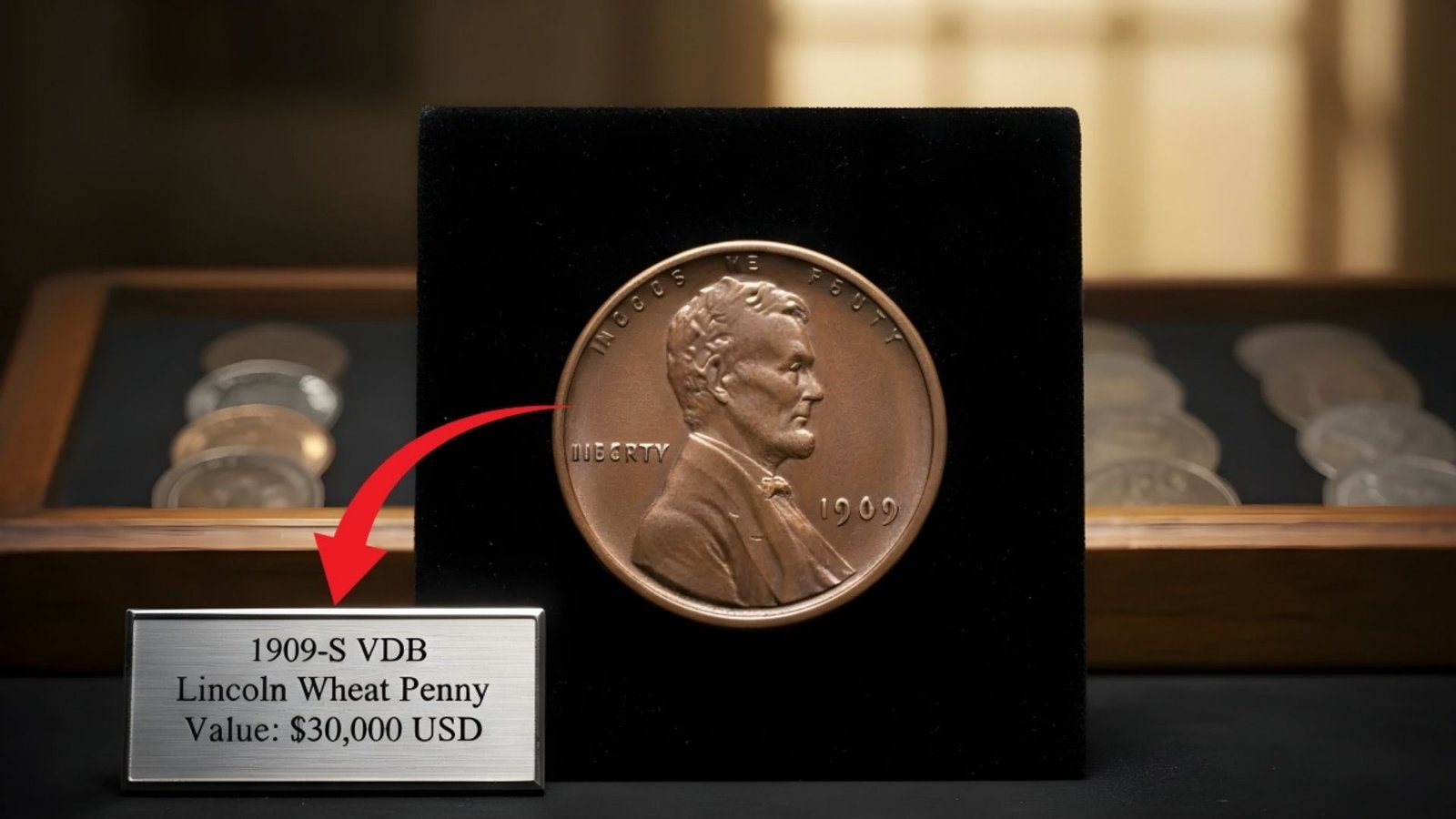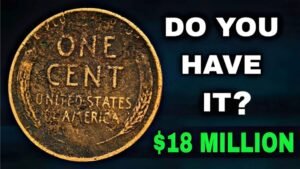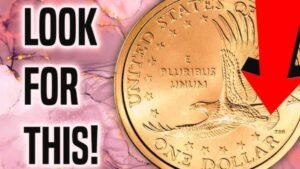Hidden in coin jars, old wallets, and dusty drawers, the Lincoln Wheat Penny has quietly grown in value over the past decade. What once seemed like pocket change can now surprise collectors with staggering returns. Discover how these humble pennies transformed into a collector’s dream.
What Is the Lincoln Wheat Penny?
The Lincoln Wheat Penny, minted from 1909 to 1958, features Abraham Lincoln on the obverse and wheat stalks on the reverse. Unlike modern pennies, these coins are prized for their historical design, low mintage, and unique mint marks. They are a gateway into serious coin collecting for hobbyists and investors alike.
History and Background
Introduced in 1909 for Lincoln’s 100th birthday, the Wheat Penny replaced the Indian Head cent. Designed by Victor David Brenner, it became the longest-running design change in US coin history. Over the decades, certain years and mint errors became rare gems, driving demand and value.
Why Lincoln Wheat Pennies Are Valuable Today
Over the last 10 years, the value of Wheat Pennies has steadily increased, fueled by low supply, collector demand, and historical significance. Coins in high grades, rare mint marks, or error varieties now sell for hundreds or even thousands of dollars, making them an appealing investment for beginners and pros.
Top Value Drivers
- Mint Year & Rarity: Older coins, like the 1909-S VDB, are highly sought after.
- Condition: Coins graded MS60+ by PCGS or NGC see a premium.
- Errors & Variants: Doubled dies, repunched mint marks, and off-center strikes significantly boost value.
Table 1: Lincoln Wheat Penny Value Trends (2014–2024)
| Year of Penny | Average Value 2014 | Average Value 2024 | Percentage Increase |
|---|---|---|---|
| 1909-S VDB | $1,200 | $3,500 | 191% |
| 1914-D | $800 | $2,100 | 162% |
| 1922 No D | $500 | $1,250 | 150% |
| 1931-S | $250 | $600 | 140% |
| 1943 Copper | $4,500 | $6,800 | 51% |
How Collectors Can Benefit
Collectors can profit from Wheat Pennies by carefully searching pocket change, coin rolls, estate sales, or online auctions. Recognizing rare mint marks and errors, and preserving coins in proper holders, can significantly increase their value over time. This hobby blends historical fascination with potential financial rewards.
Notable Facts and Records
- The 1943 copper penny accidentally struck during wartime is one of the most valuable, selling for over $1.7 million in auctions.
- The 1909-S VDB is considered the “holy grail” for beginner collectors.
- Over the past decade, overall Wheat Penny prices have increased 50–200%, depending on rarity and condition.
Table 2: Most Valuable Wheat Pennies by Mint Mark
| Year & Mint | Key Feature | Average Market Value |
|---|---|---|
| 1909-S VDB | First year, rare VDB initials | $3,500+ |
| 1914-D | Low mintage Denver Mint | $2,100+ |
| 1922 No D | Missing mintmark | $1,250+ |
| 1931-S | Low mintage San Francisco | $600+ |
| 1943 Copper | WWII error coin | $6,800+ |
Expert Tips for Collectors
- Check Coin Holders: Always keep coins in proper holders to preserve condition.
- Research Mint Marks: Rare mint marks like S (San Francisco) or D (Denver) increase value.
- Look for Errors: Mis-struck or repunched coins can fetch higher prices.
- Use Grading Services: Certified grading enhances resale value.
- Monitor Market Trends: Historical value trends help predict future worth.
FAQs
Q: Can I still find valuable Wheat Pennies in circulation?
A: Yes, though rare. Carefully examining old jars and rolls can yield surprising finds.
Q: How much can I realistically earn collecting Wheat Pennies?
A: While most coins are modestly valued, rare varieties and high-grade specimens can reach thousands or more.
Q: Are error pennies worth collecting?
A: Absolutely. Copper 1943 pennies and doubled dies are highly prized.
Conclusion: The Dream Guide to Wheat Penny Wealth
The Lincoln Wheat Penny has transformed from everyday pocket change to a collector’s treasure over the past decade. With careful observation, knowledge of rare mint marks, and attention to condition and errors, enthusiasts can uncover pennies that hold historic and financial value. Your next hidden gem may be sitting quietly in your coin jar.



